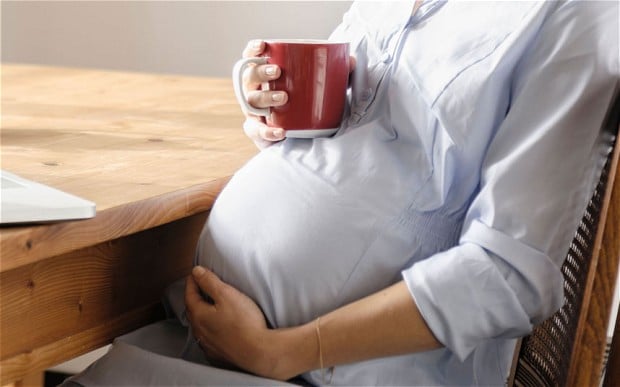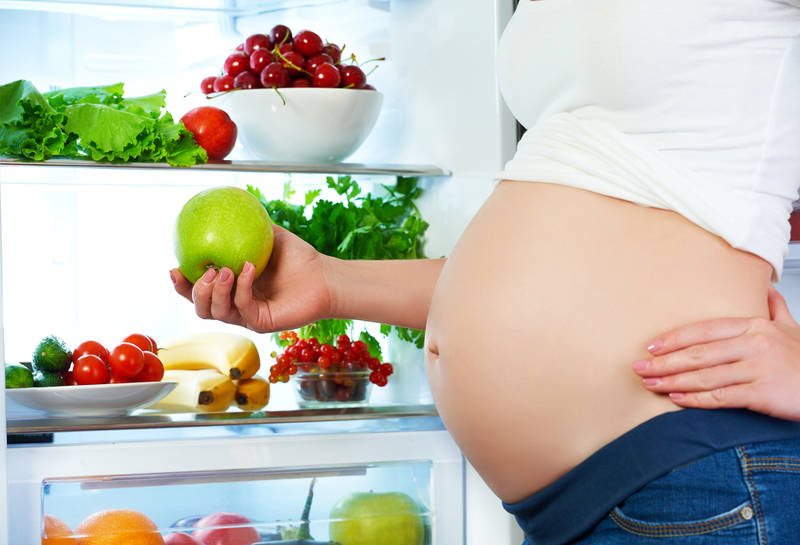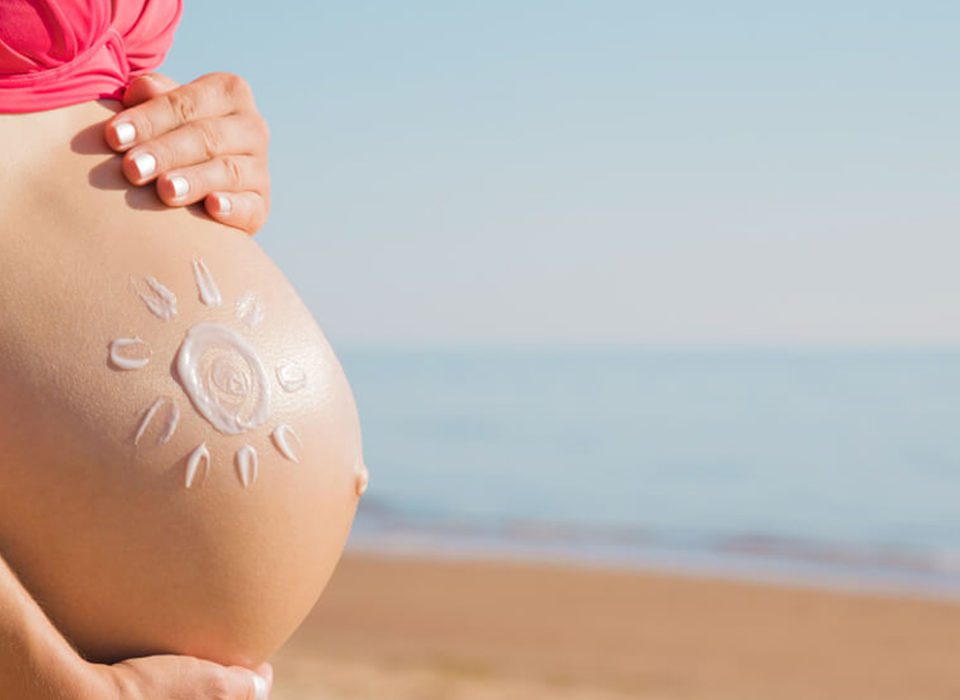Most of us can’t start the day without a cup of coffee or tea when we wake up in the morning. Caffeine is actually quite beneficial when consumed daily in an adequate and balanced way. In addition to its metabolism boosting effect, its positive effect on liver diseases, increasing memory consolidation are just a few of the benefits of caffeine. How useful is caffeine during pregnancy? Should caffeine consumption be done during pregnancy?
Pregnancy and Caffeine Consumption
Caffeine, which is taken with many different drinks or foods such as tea, coffee, cola, etc., is also taken unknowingly during pregnancy with such foods. However, when caffeine is ingested, especially in drinks, it quickly enters the body and reaches the baby through the placenta. The enzymes that break down caffeine in a healthy person are not present in the baby and placenta. If you take 200 mg of caffeine, this reduces the blood flow through the placenta, which sends blood to the baby, by 25%. With the reduced blood flow, caffeine reaches the baby. The caffeine that reaches the baby is still circulating in the baby’s blood 100 hours after consumption, as caffeine cannot be broken down.
Research suggests that expectant mothers who consume high amounts of caffeine during pregnancy (more than 6 cups of coffee or tea a day) are more likely to miscarry. Moderate amounts of caffeine do not cause any palpitations or similar problems in the expectant mother, but cause a significant increase in the baby’s breathing and heart rate.
Another harm of excessive caffeine consumption is that it can cause developmental delay in the baby, similar to alcohol consumption. In fact, caffeine combined with alcohol or cigarettes increases this negative effect many times over. If tea and cigarette addiction, which is common in our society, is continued during pregnancy, it can create an environment that will negatively affect the development of the baby.
During pregnancy, the body’s need for iron increases. Caffeine reduces iron absorption by as much as 40% when consumed frequently during pregnancy. This will increase anemia and negatively affect the baby’s development.
Considering all these, it is very important to pay attention to caffeine consumption during pregnancy. If you are addicted to coffee, I recommend drinking caffeine-free coffee during pregnancy. If you cannot drink decaffeinated coffee, it is better for your baby and your health to limit your daily caffeine intake to no more than 2 large cups. Excessive amounts of coffee can have devastating effects and jeopardize the health of your baby. Considering all these, you can limit your coffee or tea consumption during your pregnancy to no more than 2-3 cups a day. This is an ideal measure that will protect both your health and the baby’s development.




